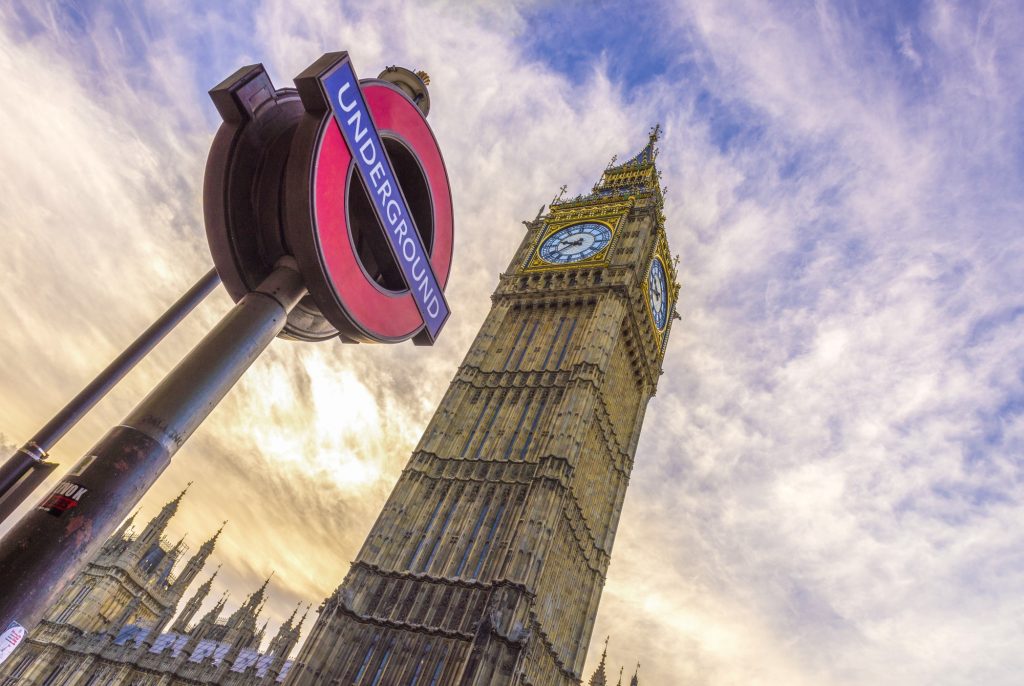TfL renews call for long-term capital funding deal from government as it faces £475M shortfall in 2024-25

This post was originally published on this site

Transport for London (TfL) will need £475M from central government to meet its 2024-25 capital delivery programme, prompting renewed calls from the London mayor and TfL commissioner for a long-term funding deal.
Sadiq Khan and Andy Lord, speaking in a plenary meeting at the London Assembly on Thursday 6 July, stated how for the financial year 2024/2025 TfL plans for £1.9bn expeniture on capital renewals but it is currently projecting a £475M funding gap which they hope will be plugged by central government.
Regarding the lack of a funding settlement, Khan told the London Assembly: “We’re concerned in relation to major renewals, in relation to enhancements, the impact that has on service levels, the impact that has on renewing the assets.
“Of course in relation to value for money with deals being done, it’s really important. If you’re doing last minute deals that are short term, the ability to get value for money is far less than it is for long term deals well in advance. If the people you’re procuring with know you’re doing these short-term deals then they can often […] take advantage of that.”
Khan then laid out TfL’s capital expenditure plans, saying: “Over the next three years, we want to spend £6.4bn. The next year, 2024/25, it’s about £1.9bn. We think we’ve found three quarters of the £1.9bn. There’s a gap of £475M that we’re asking the government to support us with. The sooner we know, the sooner the team can start negotiating those contracts, but it is a source of concern.
“Every time we meet [with the TfL commissioner], one of the questions I ask is an update in relation to those conversations.”
Lord, who was recently made permanent commissioner for TfL, went on to say how vital the government agreeing to fund the gap will be: “We have been very clear that we need the £475M […] If we don’t get that we will have to make some very difficult decisions about reprioritising our capital needs.
“It will also knock on impact in the wider supply chain. A huge amount of the investment that we put into our capital programmes is actually invested outside of London in the supply chain. The Piccadilly Line being the most obvious example we talk about, with the new trains being manufactured in Goole in East Yorkshire.
“We’ve been making that point very strongly to the government.”
TfL has long sought a long-term capital funding deal with central government so that it doesn’t have to regularly call for further sums. Central government removed TfL’s revenue grant in 2018 and left the transport operator to subsist on its own income, which it was managing to do until the pandemic. Since then, TfL has requested a long-term deal to ensure its asset renewals, upgrades and major projects can move forward as planned.
Without a funding deal, London’s surface assets including bridges, tunnels and roads are continuing to degrade while long-term major projects like the Bakerloo extension and Crossrail 2 are not on the horizon.
Last July, former TfL commissioner Andy Byford said he was ideally seeking a 10 year deal but would accept five years or even three. Ultimately, TfL was given a short-term settlement in August that lasts up until the end of the 2023-24 financial year.
This is why TfL is now facing the £475M shortfall in 2024-25 and is seeking a settlement not only for the next financial year but for a longer term.
During the London Assembly meeting, Lord highlighted the fact that TfL receives only 46% of the funding it needs from government whereas Greater Manchester receives 71%. “This is just not sustainable for a city the size of ours and for the transport infrastructure that we have,” he said.
He remained upbeat, however, adding: “The relationship with government does appear to be much more positive than we’ve had, particularly during the dark days of the pandemic. We have a good relationship with both officials and ministers and I am hopeful that we will be able to reach an agreement, but it’s clearly a very challenging situation.
“We need [a deal] to give certainty, not only to us but to London and to the wider industry.”
The London Assembly further noted that, ironically, other city regions are being offered “London-style” devolution deals for their transport funding through the City Region Sustainable Transport Settlements. These funding deals last for five years and are in place to deliver growth, levelling-up and support net zero ambitions by encouraging a switch to sustainable travel.
Khan replied: “My ask from the government is very simple: I’d like a ‘London-style deal’.”
Like what you’ve read? To receive New Civil Engineer’s daily and weekly newsletters click here.




Responses